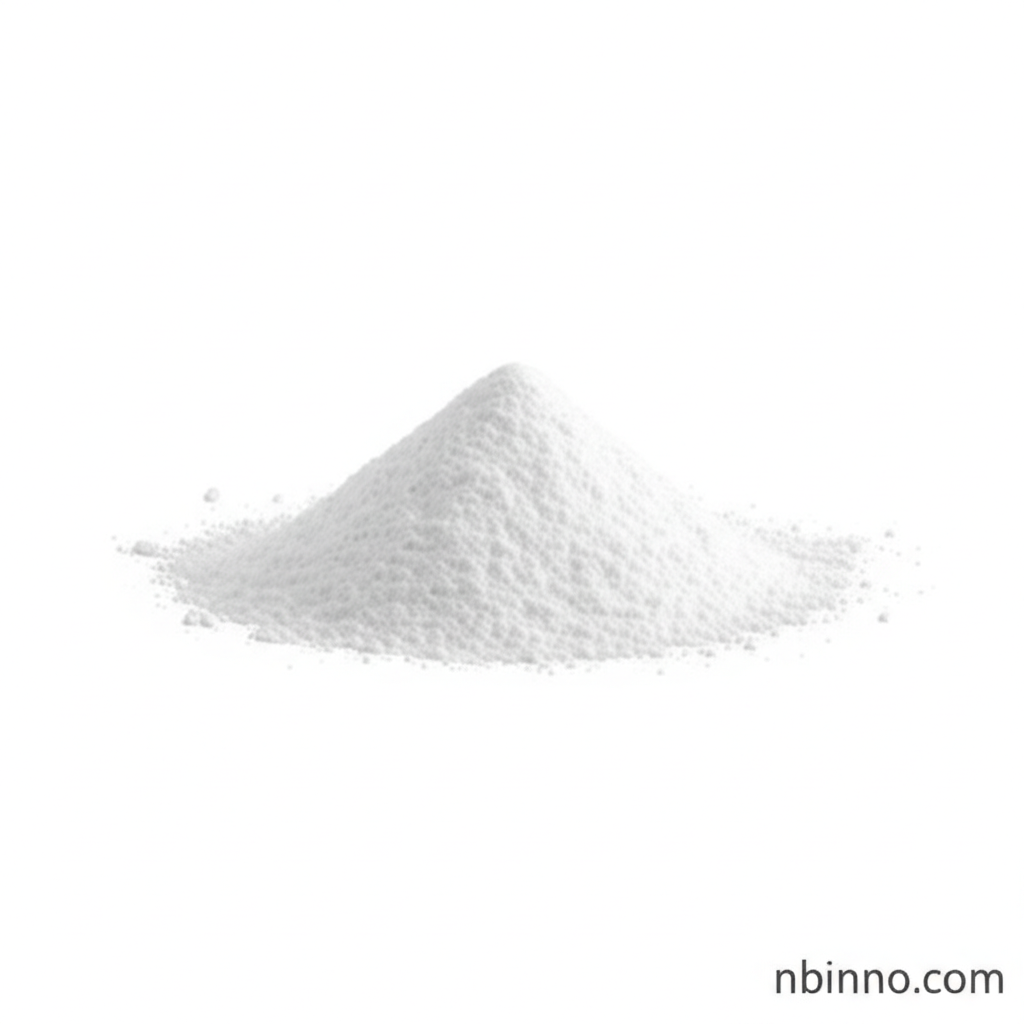Poly-D-Lysine Hydrobromide: Enhancing Cell Attachment and Culture Stability
Discover the power of synthetic polyamino acids in revolutionizing your cell culture experiments. Explore how Poly-D-Lysine Hydrobromide ensures superior cell adhesion and stability.
Get a Quote & SampleProduct Core Value

D-Lysine homopolymer hydrobromide
As a leading supplier in China, we offer high-quality Poly-D-Lysine Hydrobromide, a vital component for advanced cell culture. Its unique positively charged nature facilitates strong electrostatic interactions with negatively charged cell membranes, thereby significantly enhancing cell attachment to various surfaces. This synthetic polyamino acid is instrumental in promoting robust cell adhesion, ensuring stable culture conditions, and is particularly valuable for cell types that may degrade poly-L-lysine, offering a more reliable alternative for consistent experimental outcomes.
- Enhance cell attachment with our premium Poly-D-Lysine Hydrobromide, a key tool for successful cell culture.
- Utilize a synthetic polyamino acid that offers superior stability and resistance to enzymatic degradation, crucial for sensitive cell lines.
- Experience the benefits of our Poly-D-Lysine Hydrobromide cell culture solutions, designed for researchers demanding high performance.
- Achieve optimal cell adhesion through targeted electrostatic interaction cell membrane enhancement, a hallmark of our product.
Advantages Provided by the Product
Unmatched Cell Adhesion
Leverage the enhanced electrostatic interaction for superior cell attachment, a critical factor in successful cell culture, especially when exploring advanced cell adhesion technologies.
Enzymatic Degradation Resistance
Benefit from the inherent stability of D-lysine polymers, making them resistant to degradation and an excellent choice for long-term cell culture or when dealing with sensitive cell lines.
Versatile Molecular Weights
Choose from a range of molecular weights to optimize your experiments, with higher molecular weights providing more attachment sites per molecule for robust cell adherence.
Key Applications
Cell Culture
A primary application is serving as a cell culture substratum to promote cell attachment and growth, crucial for maintaining cell viability in research settings.
Biomaterial Research
Investigate the use of Poly-D-Lysine Hydrobromide in developing novel biomaterials and understanding cell-surface interactions in various scientific disciplines.
Tissue Engineering
Explore its potential in tissue engineering scaffolds, where enhanced cell adhesion is paramount for successful tissue regeneration and development.
Drug Delivery Systems
Consider its application in drug delivery, particularly in gene delivery, where its polycationic nature can aid in complexation with nucleic acids.
